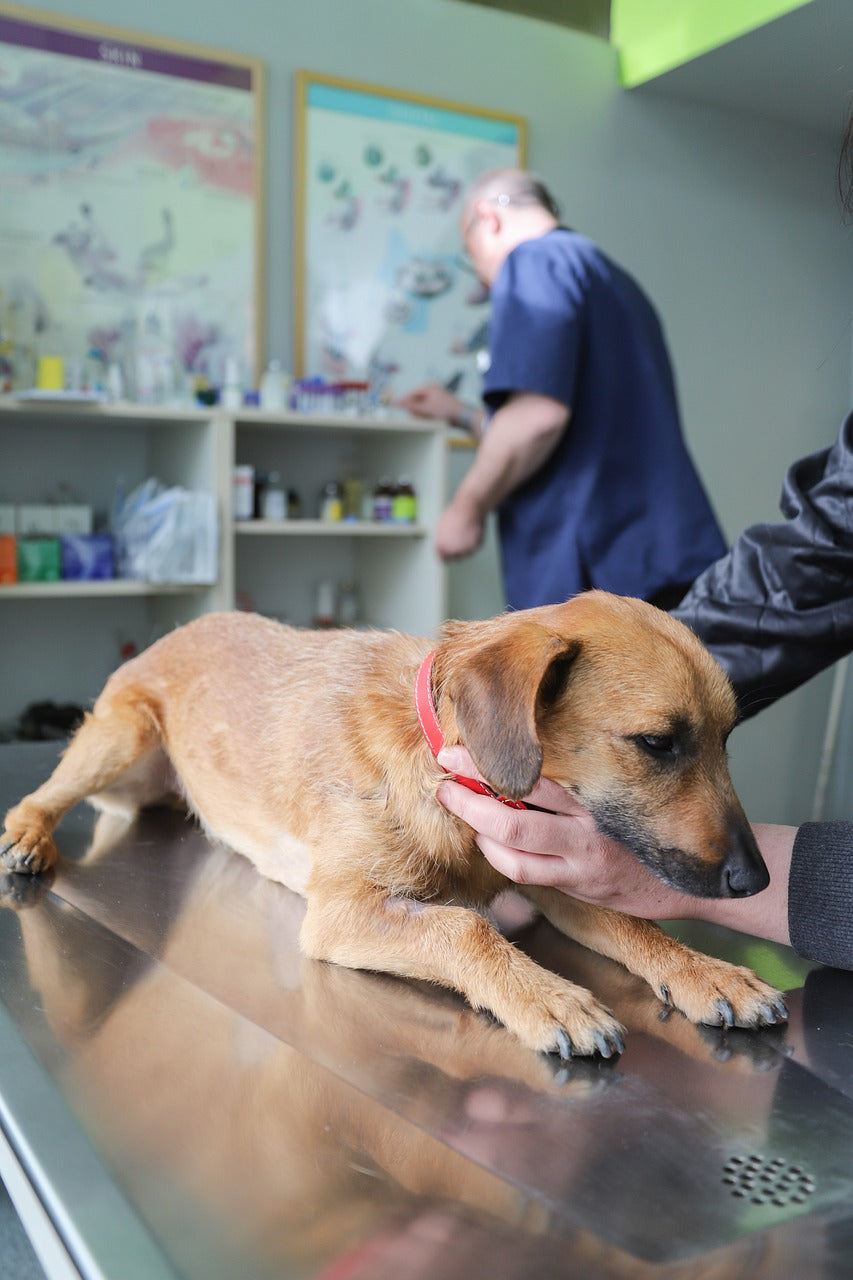As devoted pet owners, ensuring the health and well-being of our canine companions is a top priority. One crucial aspect of responsible pet care is regular veterinary check-ups. These routine visits are essential for maintaining your dog's health, preventing potential issues, and addressing any concerns promptly. In this article, we'll explore the frequency of veterinary check-ups and why they are crucial for your dog's overall wellness.
How Often Should You Bring Your Dog to the Vet?
The frequency of veterinary check-ups for dogs can vary based on their age, breed, and overall health. However, as a general guideline, most dogs should visit the vet at least once a year for a routine check-up. Puppies, senior dogs, and those with specific health concerns may require more frequent visits.
-
Puppyhood (0-1 year): During the first year of a dog's life, puppies undergo rapid growth and development. To ensure they receive the proper vaccinations, screenings, and nutritional guidance, it's recommended to visit the vet every 3-4 weeks until they reach around 16 weeks of age. Afterward, regular check-ups can be scheduled annually.
-
Adulthood (1-7 years): Healthy adult dogs typically need an annual check-up. These visits allow the veterinarian to assess your dog's overall health, administer necessary vaccinations, and conduct screenings for common issues such as dental problems, heartworms, and parasites.
-
Senior Years (7+ years): As dogs age, their health needs may change. Senior dogs are more prone to conditions like arthritis, dental issues, and organ dysfunction. Bi-annual check-ups are often recommended for senior dogs to monitor and manage these age-related changes effectively.
Why Regular Vet Check-Ups Are Important:
-
Preventive Care: Regular veterinary check-ups help identify potential health issues before they become serious problems. Vaccinations, parasite control, and dental care are all crucial components of preventive medicine that can be addressed during these visits.
-
Early Detection of Health Issues: Dogs are masters at hiding signs of illness. Regular vet visits allow professionals to detect subtle signs of health issues early on, improving the chances of successful treatment and recovery.
-
Customized Care: Each dog is unique, and their healthcare needs may differ. Regular vet check-ups provide an opportunity for your veterinarian to tailor their recommendations based on your dog's breed, age, lifestyle, and specific health concerns.
-
Building a Relationship with Your Veterinarian: Establishing a rapport with your veterinarian fosters open communication. You can discuss any concerns or changes in your dog's behavior, enabling your vet to provide personalized advice and care.
In conclusion, bringing your dog to the vet for regular check-ups is a fundamental aspect of responsible pet ownership. By adhering to a schedule that aligns with your dog's life stage and health needs, you are not only ensuring their well-being but also fostering a strong and trusting relationship with your veterinary team. Regular veterinary care is an investment in your dog's long and healthy life, providing them with the attention and care they deserve.






Leave a comment
All comments are moderated before being published.
This site is protected by hCaptcha and the hCaptcha Privacy Policy and Terms of Service apply.